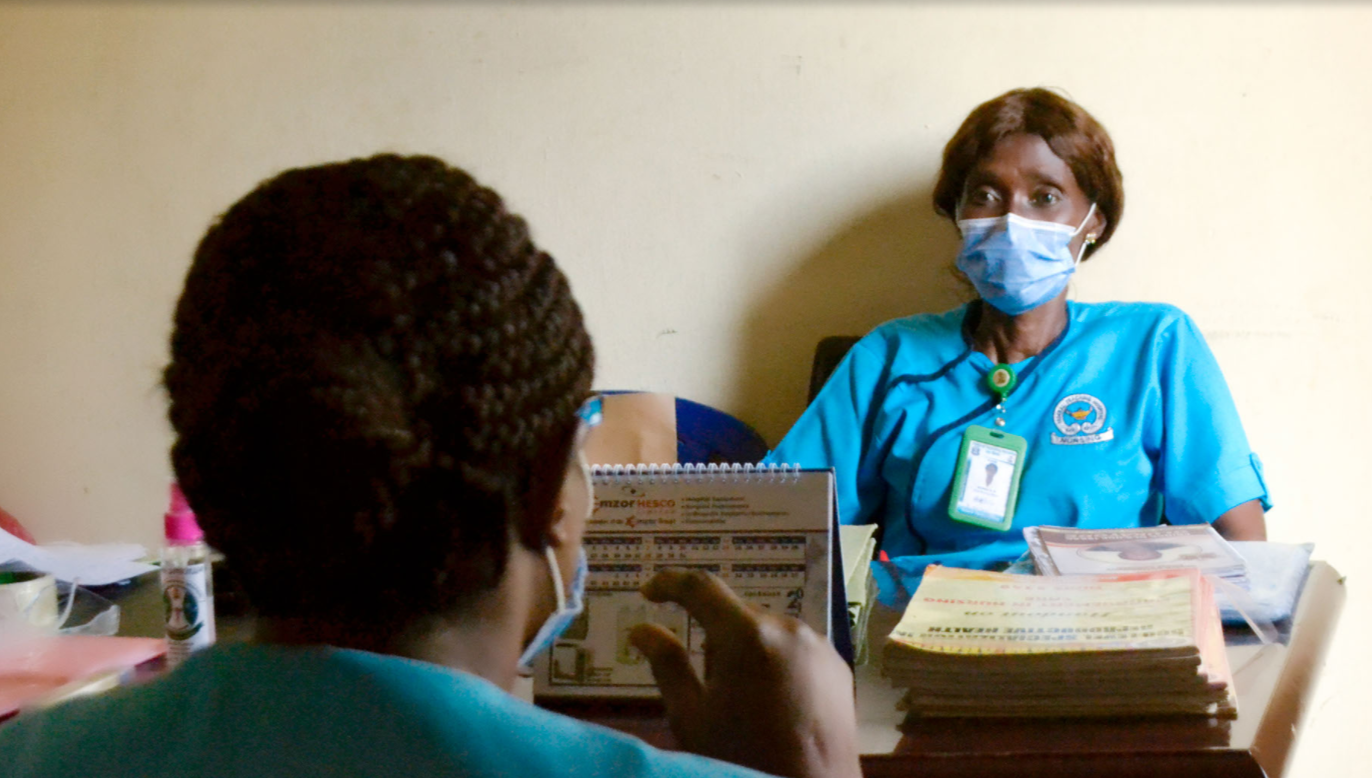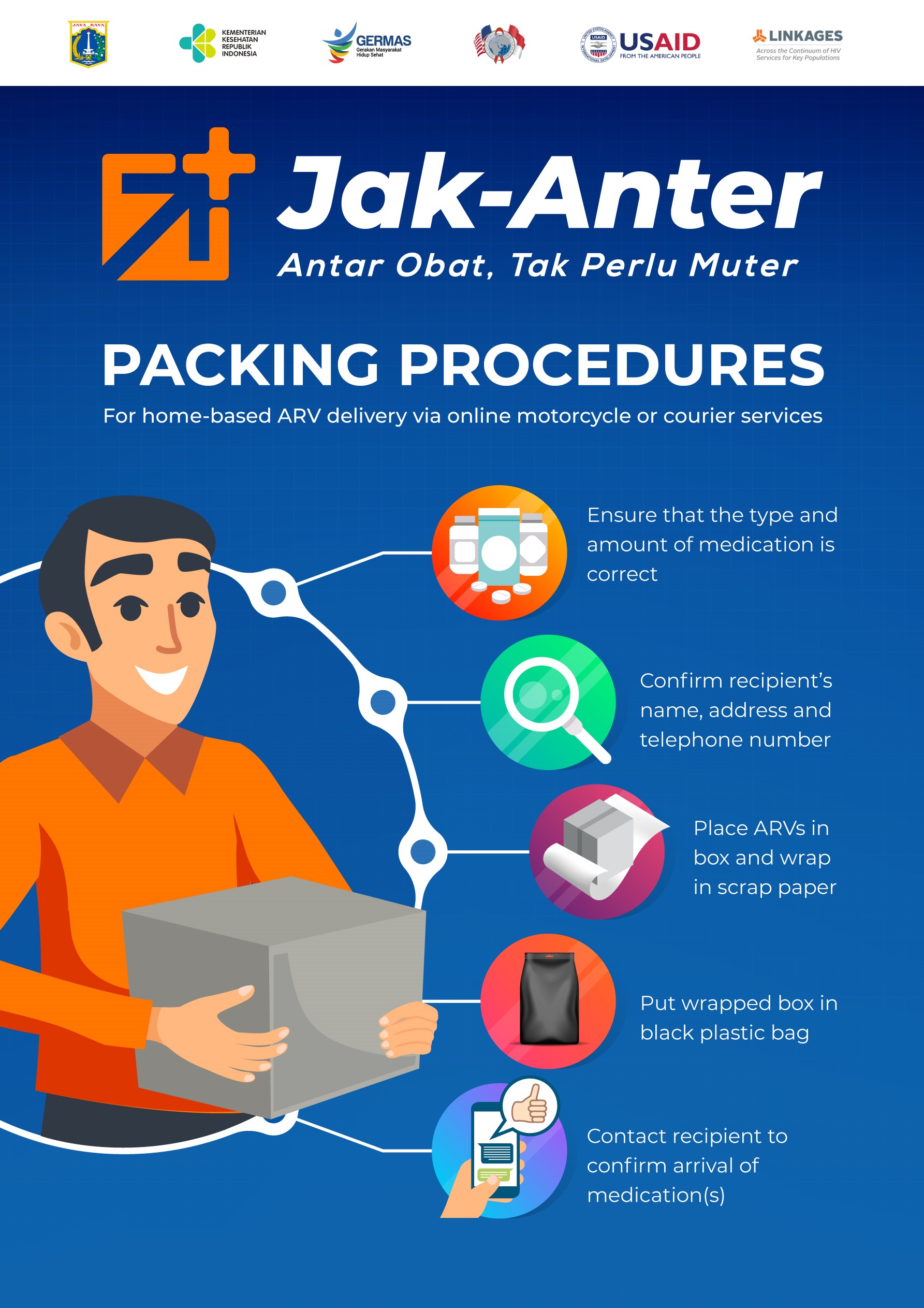In cooperation with the Republican AIDS Center, the EpiC project in Tajikistan, led a high-level forum in May in Dushanbe to discuss options to combat stigma against PLHIV.
Continue Reading

In cooperation with the Republican AIDS Center, the EpiC project in Tajikistan, led a high-level forum in May in Dushanbe to discuss options to combat stigma against PLHIV.
Continue Reading

